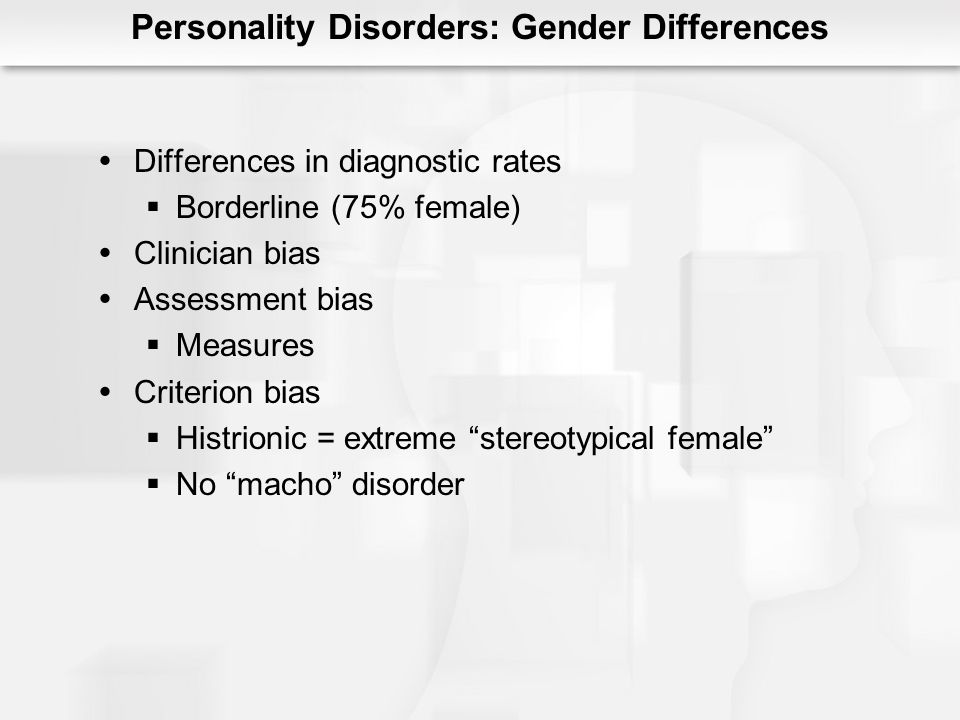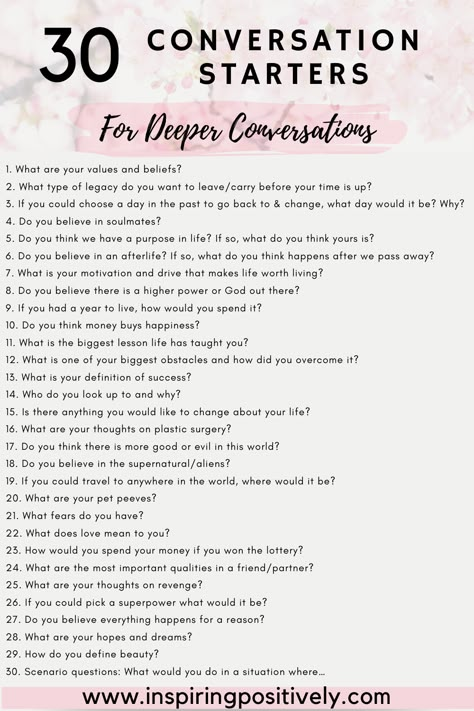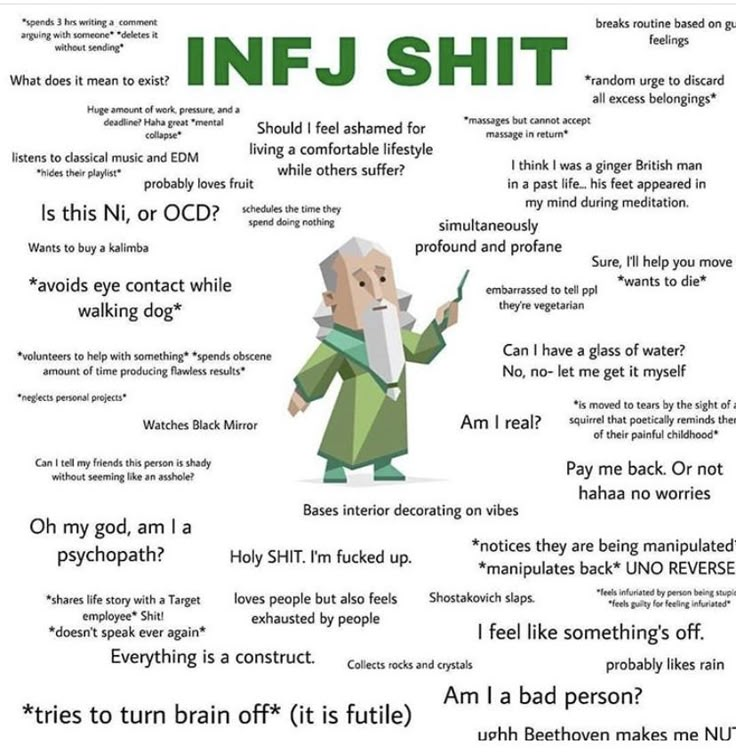Signs of highly sensitive person
8 Ways To Tell If You're A Highly Sensitive Person
Have you ever wondered if you’re a highly sensitive person?
Some people seem to be born with nerves on the outside of their skin. These people tend to be more sensitive than their parents, brothers and sisters, or the kids in their class. They often can’t get through a movie (even a comedy!) or a TV commercial without shedding a few tears. A bit of criticism causes them real pain, and they’re often empathic to anyone around them.
The truth is, some people are more sensitive than others. They are not only sensitive to emotions, but also to energy, sound, light, and other physical stimulus. These individuals are referred to as Highly Sensitive People or HSP for short.
According to research by Elaine Aaron (pioneer in research of Highly Sensitive People), it is estimated that 15-20% of the population fall under the umbrella considered “highly sensitive person.”
The brains of the highly sensitive people work differently than others. Essentially, they process information and reflect on it more deeply and are acutely aware of subtleties in their environment. This deeper processing makes them more prone to becoming overstimulated by their environment.
Highly sensitive people live in a world that routinely overstimulates them.
1. You’re very emotional
Whether positive or negative, you experience emotions intensely, react strongly to them, and (for some) cry easily.
2. You’re very compassionate and generous
You’ve always been a natural caretaker, seeking to offer comfort and help to those who suffer. You likely often go out of your way to avoid offending anyone or hurting their feelings.
3. You’re sensitive to criticism
Being overly sensitive to criticism is a sign you’re a highly sensitive person.
Criticism doesn’t feel constructive so much as it feels personal and painful.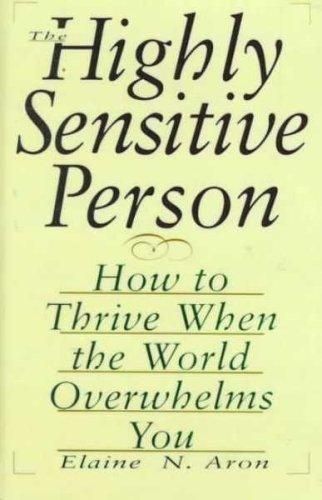 You are not able to let it roll off your shoulders as others do, and therefore allow criticism to keep you safe in your comfort zone.
You are not able to let it roll off your shoulders as others do, and therefore allow criticism to keep you safe in your comfort zone.
Often, Highly Sensitive People will spend hours, days, and sometimes even weeks ruminating and obsessing over the smallest comment or perceived criticism.
4. You feel different from everyone else and sometimes alone
You’ve always known, or had it pointed out to you, that you were somehow different from everyone else. Maybe you see your sensitivity as a weakness and often feel alone because others have told you that you need to “toughen up.” Highly sensitive men almost always experience this throughout life.
5. You’re sensitive to external stimuli
While no one else around you seems to notice, that buzz of the overhead lights is driving you nuts! So does the sound of your coworkers chewing, the rough fabric of your shirts and the smell of too much perfume or cologne on someone.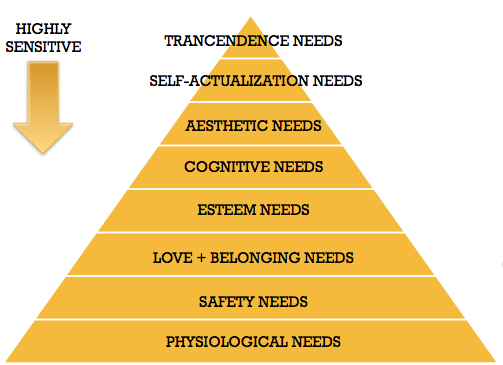
6. You overthink and worry
Overthinking and worrying is common with highly sensitive people.
You notice every detail and overthink what should be a simple decision, like where to go for lunch. You are prone to getting stuck in the rehashing of the “what-if” rut.
7. You’re intuitive
You walk into a room and instantly get a “feel” for it. You know how people are feeling. This is fine when the energy is positive, but when it’s negative, things can be difficult. So you often avoid large gatherings and crowded events.
8. You often feel tired and overwhelmed
The highly sensitive person can become easily overwhelmed.
Because you not only deal with your emotions, others’ emotions, and so much stimulation all day every day, you easily feel overwhelmed by all of it and feel as though you need to sleep more and need more alone time.
What You Can Do
Living life as a Highly Sensitive Person is not easy for many (especially for men due to the stigma), but there are some things you can do:
- See your sensitivity as a positive, not a negative
- Remember: there is nothing wrong with you and you are not alone
- As much as possible avoid negative people, places and situations
- Set firm boundaries with people who take advantage of your compassion and empathy
- Practice regular self-care through exercise, meditation, and mindfulness
- Give yourself the same empathy and kindness as you do others
If you think you may be a highly sensitive person and find yourself feeling depressed or anxious because of your sensitivity, find an awesome therapist you like and trust to help you learn how to navigate the overstimulating world without feeling overwhelmed all the time.
James Killian, LPC is the Principal Therapist & Owner of Arcadian Counseling in New Haven, CT where they specialize in helping over-thinkers, high achievers, and perfectionists reduce stress, increase fulfillment and enhance performance so they can move From Surviving To Thriving.
24 Signs of a Highly Sensitive Person
Source: freeimagesdotcom
Are you a highly sensitive person? Do you know someone in your personal or professional life who may be highly sensitive? High sensitivity can be defined as acute physical, mental, and emotional responses to external (social, environmental) or internal (intra-personal) stimuli. A highly sensitive person may be an introvert, an extrovert, or somewhere in between.
Although there are many positive aspects of being a sensitive person (such as greater ability to listen and affirm, greater empathy and intuitiveness, better understanding of others' wants and needs, etc.), in this writing we will focus on aspects of high sensitivity which adversely affect one’s health, happiness and success, and often complicate relationships. Below are 24 signs of a highly sensitive person, with excerpts from my books: "Are You Highly Sensitive? How to Gain Immunity, Peace, and Self-Mastery" and "How to Communicate Effectively with Highly Sensitive People".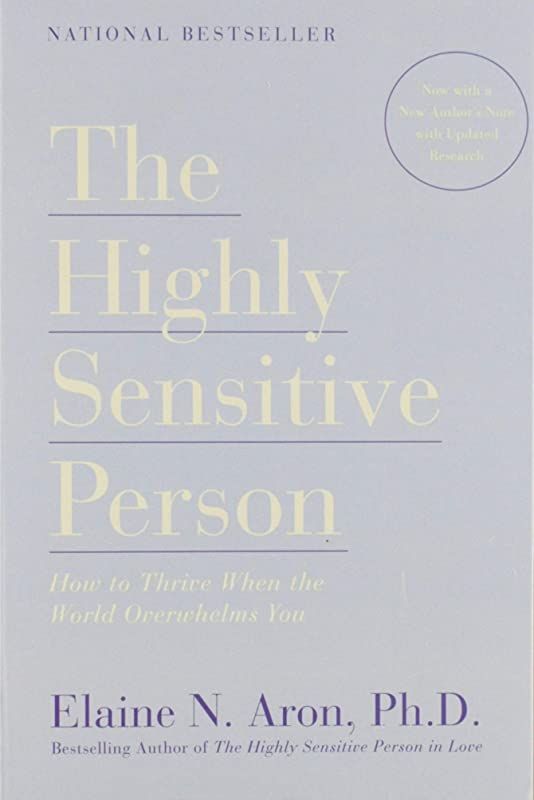 These traits are organized into three major categories: Sensitivity About Oneself, Sensitivity About Others, and Sensitivity About One’s Environment.
These traits are organized into three major categories: Sensitivity About Oneself, Sensitivity About Others, and Sensitivity About One’s Environment.
While many people may experience some of these signs from time to time, a highly sensitive person will likely “feel too much” and “feel too deep.” Some individuals may be highly sensitive to just one or two stimuli, while others may be strongly affected by more on the list.
Category One: Sensitivity About Oneself
1. Often has difficulty letting go of negative thoughts and emotions
2. Frequently feels physical symptoms (i.e. stress or headache) when something unpleasant happens during the day
3. Often has bad days that affect eating and/or sleeping habits in an unhealthy way, such as eating or sleeping too much or too little
4. Often experiences tension or anxiety
5. Tends to “beat oneself up” when falling short of own expectations
6. Is afraid of rejection, even in relatively minor situations
7. Compares self with others often (in physical, relational, social, work, financial, or other scenarios), and experiences unhappy feelings from negative social comparison
Compares self with others often (in physical, relational, social, work, financial, or other scenarios), and experiences unhappy feelings from negative social comparison
8. Often feels anger or resentment about situations in life or in society which seem unjust, aggravating, or simply annoying
Category Two: Sensitivity About Others
9. Often thinks/worries about what others are thinking
10. Tends to take things personally
11. Finds it difficult, when triggered by relatively small unpleasantness with people, to just “let it go”
12. Feels hurt easily
13. Often hides negative feelings, believing they are too strong, turbulent, embarrassing or vulnerable to share; keeps a lot of negative emotions inside
14. Alternatively, often discusses negative emotions with others because there’s a lot of “drama” in one’s life
15. Has a hard time accepting critical feedback, even when it's given reasonably and constructively
16. Often feels like people are judgmental, even when there’s no strong evidence
17. Often overreacts to real or perceived slights and provocations
Often overreacts to real or perceived slights and provocations
18. Often feels awkward in group situations and feels unable to be oneself
19. Feels self-conscious in romantically intimate situations; excessively worries about partner’s approval; is unreasonably afraid of being judged or rejected by partner
Category Three: Sensitivity About One’s Environment
20. Feels uncomfortable in large public crowds, in a room full of people talking, or when too many things are occurring simultaneously
21. Feels uncomfortable when exposed to bright lights, loud sounds, or certain strong scents
22. Startles easily at sudden noises, fast traffic, or other unpleasant surprises
23. Often feels upset when watching or reading negative news in the media. Dislikes “shock” entertainment (i.e. intensely scary or violent shows)
24. Often feels unhappy when following people’s posts on social media
Again, although there are many positive qualities to being a highly sensitive person, this article focuses on aspects of high sensitivity which adversely affect one’s happiness and well-being. While some highly sensitive individuals are affected by just one or two of the traits above, others may be overstimulated by more on the list.
While some highly sensitive individuals are affected by just one or two of the traits above, others may be overstimulated by more on the list.
For many highly sensitive people, the key to managing oversensitivity is to utilize emotional immunity and sensory immunity strategies, to calm and alleviate overstimulation. For those who live or work with highly sensitive individuals, effective communication skills are a must to foster positive and constructive relationships. See references below.
Source: niprestondotcom
© 2017 by Preston C. Ni. All rights reserved worldwide. Copyright violation may subject the violator to legal prosecution.
5 signs that it's about you
Redaguvati translation
June 03, 2020, 13:48
The term "high sensitivity" has become especially popular in recent years. Let's try to figure out what's behind it.
More than 20% of the world's population is highly sensitive. A highly sensitive person is extremely receptive to emotional stimuli, be it something positive or something negative. This quality is rooted in childhood and accompanies a person throughout his life.
A highly sensitive person is extremely receptive to emotional stimuli, be it something positive or something negative. This quality is rooted in childhood and accompanies a person throughout his life.
So, what characteristics indicate that you are a highly sensitive person?
1. Strong reaction
Such people often feel that they have almost reached their limit. Therefore, their reactions are often exaggerated, which complicates communication with the interlocutor. In the realm of emotions, a highly sensitive person may suddenly switch from positive to negative thoughts, but the opposite is also possible. On a physical level, their body also responds faster to stimuli such as unpleasant sensations, repulsive odors, or excessive noise.
See also: HOW TO COMMUNICATE WITH DIFFICULT PEOPLE
2. Emotional sponge
A sensitive person carries “the worries of the whole world” on his shoulders. In the process of communication, he listens to others and gives advice, but most often it is not he, but the interlocutor who broadcasts his ideas. Highly sensitive people are emotional sponges, so they easily absorb the positive and negative emotions of the people around them. This empathic side makes them vulnerable: they are easy prey for manipulators and narcissistic personalities.
Highly sensitive people are emotional sponges, so they easily absorb the positive and negative emotions of the people around them. This empathic side makes them vulnerable: they are easy prey for manipulators and narcissistic personalities.
3. Dependence on people
Everyone wants to feel loved, but this is especially important for hypersensitive people. Such people are constantly on the lookout for someone with whom they can communicate and keep in touch. And if they have already found, they are not ready to let go. Highly sensitive people do not want to disappoint anyone, they are afraid to be alone and not live up to someone's expectations. The opinion of other people is important in the decisions that a hypersensitive person makes on a daily basis.
See also: HOW TO STOP PANICING AND ACCEPT YOUR LONELINESS
4. Creativity
Research shows that highly sensitive people use their right hemisphere more than their left. The right hemisphere is responsible for emotions and intuition.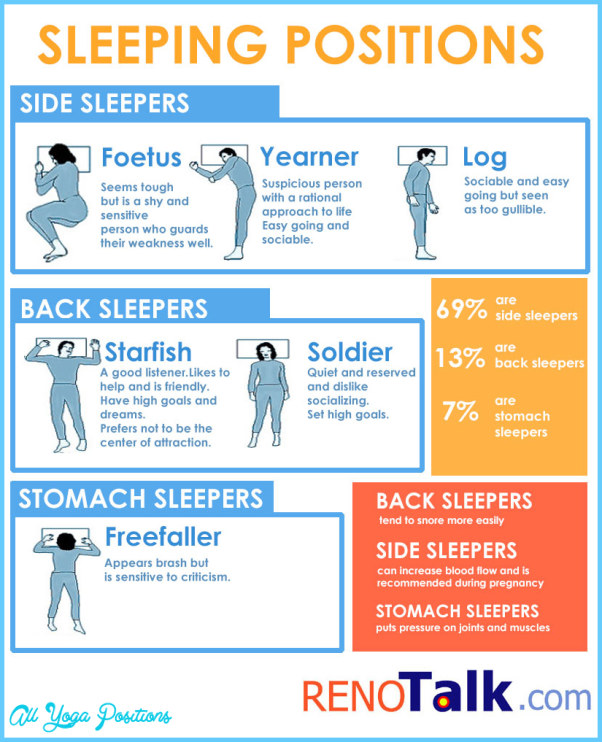 Therefore, highly sensitive people, not always even intentionally, choose creative professions, becoming artists, writers, photographers, stylists. On the other hand, there is no place for creative disorder in their life, everything is subject to a certain system.
Therefore, highly sensitive people, not always even intentionally, choose creative professions, becoming artists, writers, photographers, stylists. On the other hand, there is no place for creative disorder in their life, everything is subject to a certain system.
5. Response to criticism
When a sensitive person is subjected to criticism, he perceives it painfully, even if it is constructive. However, the impression that such a person is extremely vulnerable can be misleading. His main feature is that he cannot “say goodbye” to a comment for a long time and continues to come up with answers in defense of himself. This negative monologue in the head can last for several days or several weeks. In addition, a hypersensitive person always dwells on the negative part of the criticism, missing out on the positive feedback.
Typical features of a highly sensitive person:
- you have developed intuition;
- you like to be surrounded by people, but appreciate loneliness;
- details matter to you;
- your emotions quickly replace one another;
- in weeping you see salvation;
- A book or movie can easily make you happy or sad.
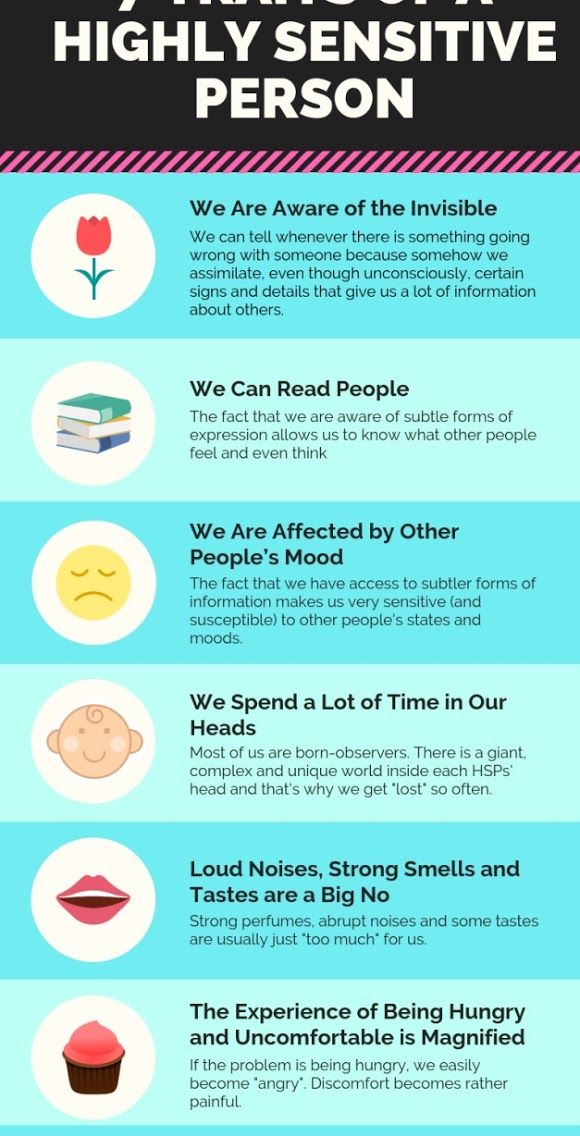
Author: Victoria Vakiv
#sensitivity#psychology
Related articles
Read also
18 signs that you are a highly sensitive person
29,539
Know yourself A person among people
most of all, they will describe you as an emotional and receptive person. You really are constantly overwhelmed by a variety of feelings and always overwhelmed.
2. You have amazing intuition. You trust your gut and it almost never fails you. The body itself tells you that something is going wrong or is about to happen.
3. It is vital for you to spend time alone. Only when you are alone do you truly recharge, and if you can't isolate yourself from sensory impulses—sounds, lights, colors—you feel completely exhausted.
4. You quickly become overwhelmed by crowds of people, loud music, bright lights, strong smells. In such situations, you can't wait to be at home again, in silence, alone with yourself.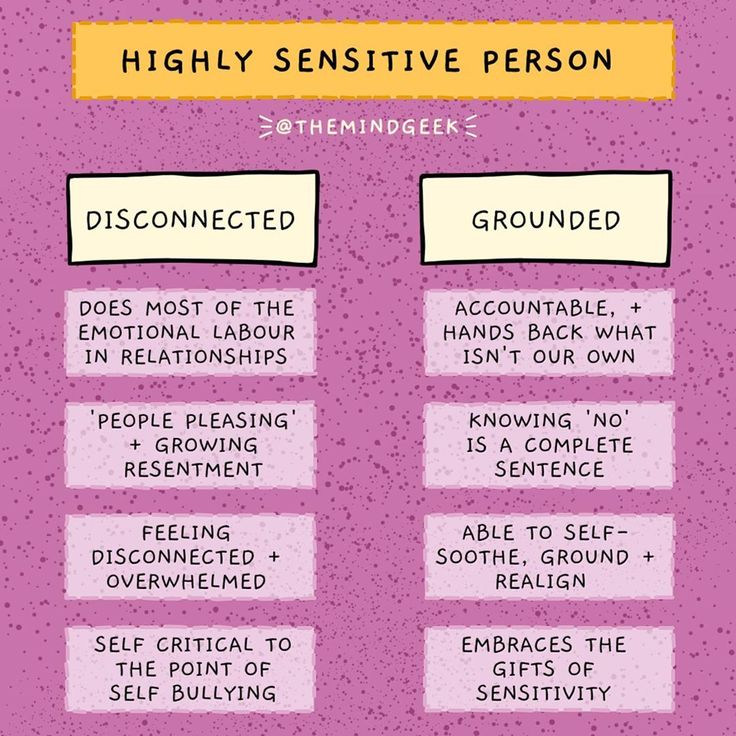
5. It is difficult for you to cope with other people's negativity. Communication with pessimistic interlocutors incredibly exhausts you - more than everyone else.
6. You easily "read" other people. You only need to spend a little time with someone to understand exactly what kind of person he is. You easily recognize deceit and rarely make mistakes in people.
From time to time the surrounding reality becomes too much, and then you run inside yourself
7. You are a very empathic person. When a partner, friend or loved one is having a hard time, you are actually going through the same thing as him/her. Sad books, movies, and even songs make you cry - but you don't mind: you like to cry properly sometimes.
8. They are willing to talk to you, they willingly tell you about their problems. For those around you, you are like a magnet: even if you are just sitting on a park bench, most likely, sooner or later a stranger will sit next to you, and in half an hour you will know the whole story of his life.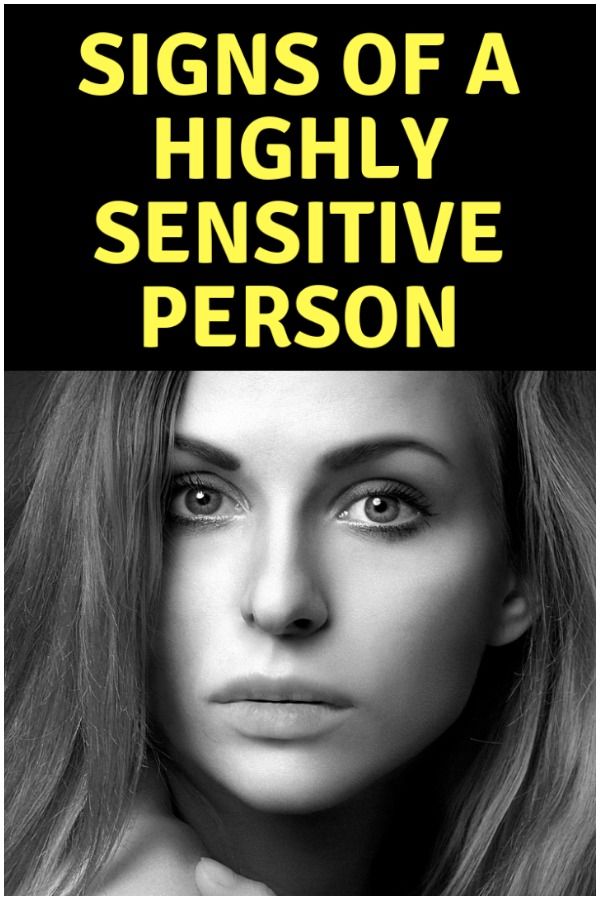 You really know how to listen, so if something happens, they call you first.
You really know how to listen, so if something happens, they call you first.
9. You have a rich inner life, you like to dream. From time to time the surrounding reality becomes "too much", and then you escape inside yourself. Your own head is your safest refuge. A rich imagination helps you create colorful and diverse inner worlds where it is so good to “sit out” difficult times. Sometimes you seem to wander between "here" and "there", for example, while waiting for a bus or in line. And this is also a great way for you to recharge.
10. You avoid too cruel spectacles. They are unbearable for you - you get so upset or angry after watching such films and videos that you prefer to simply avoid them.
11. You have playlists for different moods. If you feel like crying, or thinking about what happened, or just relaxing, chances are there's a pre-made soundtrack for it.
12. Your emotions are the fuel for your creative process.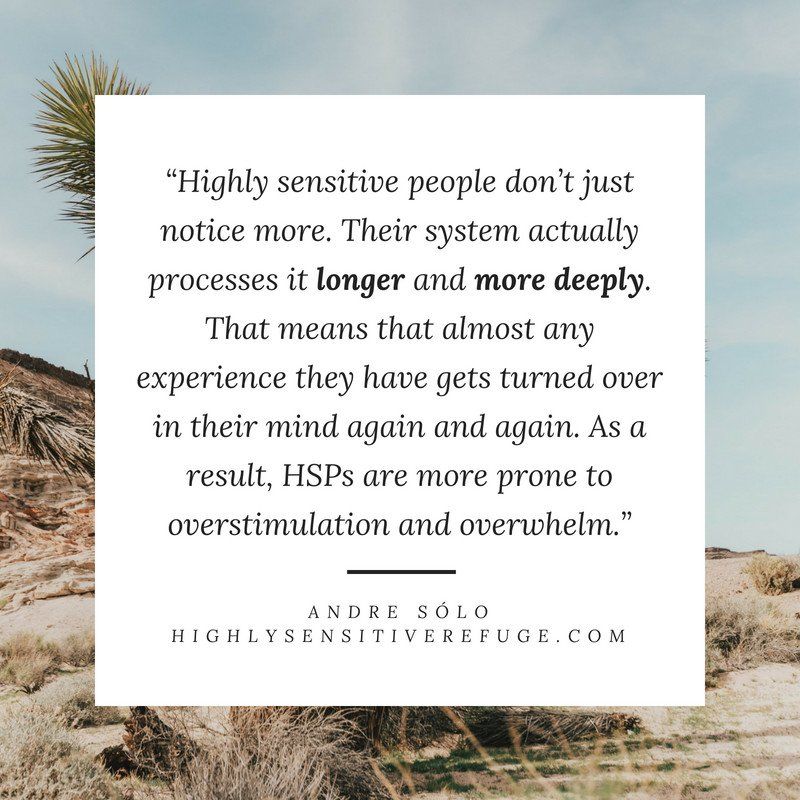 If only because they need to be poured somewhere, transformed into something - into a drawing, a sculpture, a dance.
If only because they need to be poured somewhere, transformed into something - into a drawing, a sculpture, a dance.
If you really like a person, you quickly fall in love with him and get very upset if you are not reciprocated
13. You watch what is happening around. This means that neither the second pause that the interlocutor made before answering your question, nor the obvious “chemistry” between your friends will hide from you.
14. You are constantly asked: “Why are you so sensitive/so sensitive?” In truth, this is one of the worst questions you can ever ask a highly sensitive person.
15. You are aware of how others perceive you. You always know for sure whether you gave your best or not. You know, when at a party you want to sit in the corner, and when you don't mind the attention. You are always polite and always notice when others lack tact.


